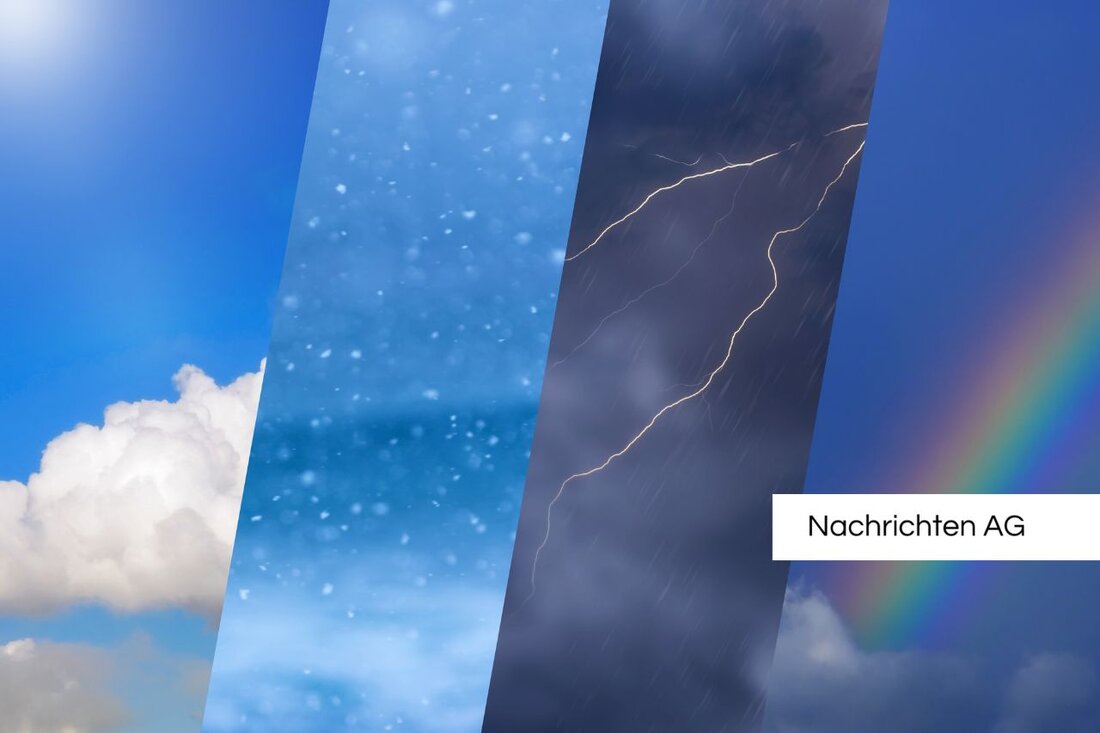Looking for concrete treasures: do with for greener places in Austria!
Greenpeace calls "Austria's 9 concrete treasures" to nominate sealed areas for more green. Until August 26, 2025!

Looking for concrete treasures: do with for greener places in Austria!
Greenpeace started the second edition of the “Austria's 9 concrete treasures” campaign today. The aim of this initiative is to motivate citizens from all nine federal states to submit public spaces and squares that are unnecessarily sealed. The organization points out that concrete and asphalt not only reduce biodiversity, but also lead to significant temperature increases, which can be felt in the form of heat islands in urban areas. These areas do not offer a habitat for animals such as birds, bees and butterflies, which makes the action all the more important. Greenpeace therefore emphasizes cities and municipalities to act. The deadline for the entries runs until August 26, 2025.
As part of this campaign, a specialist jury will rate the submitted places. Afterwards an online audience voting takes place, in the course of which a "concrete treasure" per federal state will be presented in a press conference on September 9. This measure is intended to show where more space can be created for trees, bushes and bee -friendly plants.
The challenge of sealing
In Germany, over 50 hectares are sealed every day, mostly for settlements and traffic. This development has serious negative effects on the city climate. The degree of sealing ensures that only a few green spaces are available in 24 cities with more than 50 percent sealing. Ludwigshafen am Rhein has the highest degree of sealing with 57.75 percent, while Detmold recorded the lowest value with 35.51 percent. Cities like Heilbronn and Regensburg are also in the negative rankings of sealing.
The increase in sealed areas contributes to the formation of urban heat islands, which leads to a further tightening of the situation in the course of climate change and the long -lasting heat period. The German Weather Service defines a "hot day" as a day with temperatures above 30 ° C. In cities like Munich, the number of hot days could double in the future, which is particularly problematic for vulnerable groups like older people or children.
measures to improve the quality of life in cities
In order to counteract the negative effects of sealing, measures to cool cities are urgently required. These include green roofs and the creation of fresh air bars that improve air circulation. The use of light materials for buildings can also help reduce the temperature by saving less heat. In addition, the removal of areas and the promotion of urban green spaces are decisive.
Research work show that greening in dry metropolises can achieve considerable cooling effects. In tropical cities, on the other hand, other measures are more effective to reduce the heat. In order to counter the trend, Barbara Metz from the German Environmental Aid calls a legally binding goal to stop the area sealing until 2035. This requirement is all the more relevant than the climate crisis causes more and more intensive storms with extreme rains.
Overall, Greenpeace's campaign is a clear call to change the urban rooms in Austria and beyond. Citizens are encouraged to actively participate in the design of their surroundings and thereby make a contribution to improving the urban climate.

 Suche
Suche
